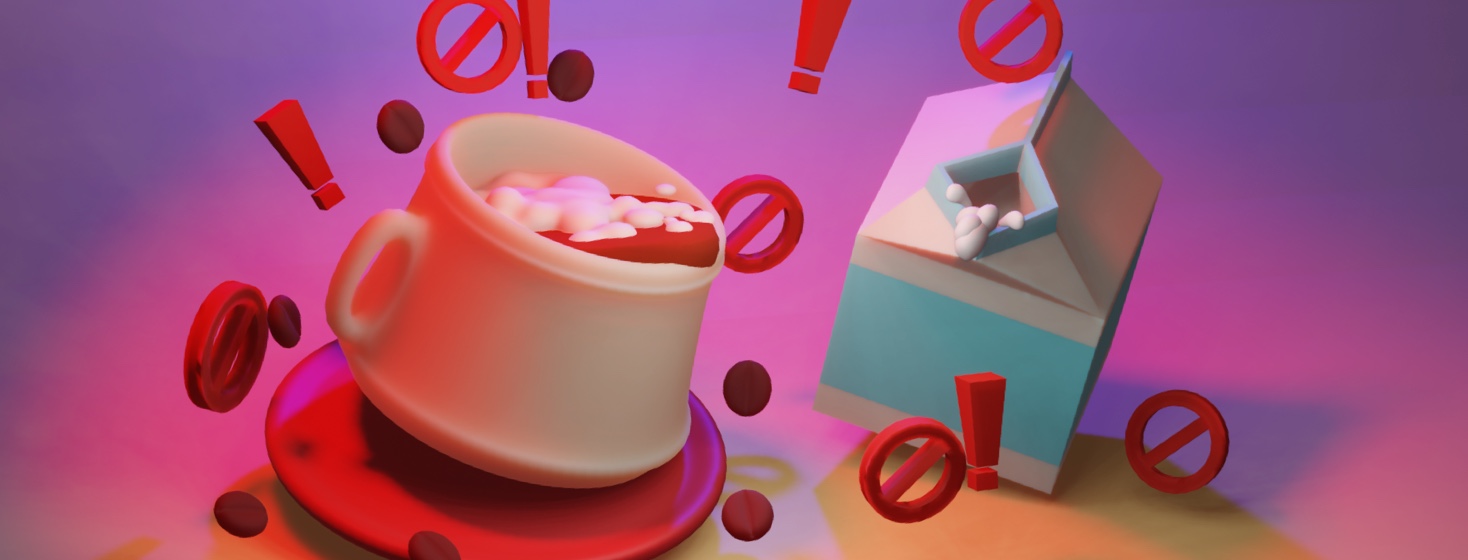Five Trigger Foods You Might Want To Avoid With Crohn's Disease
Diet is a tricky subject. No two Crohn’s patients are identical. A food one patient can tolerate, another might find troublesome. What general advice can be given then that applies to all with IBD? Probably very little.
All that being said, it’s still useful to talk about diet since it has such a large impact on IBD. For example, most Crohn’s patients can probably benefit from seeing a nutritionist. I did this for a few years.
My experience with a nutritionist
She was an M.D., a licensed acupuncturist, as well as a nutritionist. Needless to say, her holistic approach was refreshing. She performed acupuncture on me, provided supplements and herbs, and also tested for things like small intestinal bacterial overgrowth (SIBO).
I also learned some protocols in terms of pain management and felt it was helpful to get this unique perspective on my illness.
IBD and dietary advice
But let’s say you don’t have the time or the funds to see a nutritionist. Is there any dietary advice that can be offered to a new patient? This is tricky.
When I first got Crohn’s, I was granted a long list of dietary restrictions. Another gastroenterologist I saw for almost twenty years, said what I ate was up to me. So there seems no real consensus.
That said, there are certain trigger foods that tend to bother many IBD patients. Below I list five of them.
My Crohn's food triggers
1. Milk
Milk can often be taxing on the digestive system. Around 30 million Americans have some degree of lactose intolerance. Throw in that there is a whole theory of Crohn’s disease, revolving around MAP Bacteria from cattle, and limiting or eliminating milk might be worth considering.
2. Coffee
Caffeine often has a laxative effect. All caffeine products, particularly products like coffee, tend to aggravate the gut. Moreover, coffee changes the acidity of your stomach. While the benefits of coffee, in terms of an energy boost, are undeniable, the problems it can cause may outweigh any advantages.
3. Nuts and seeds
Nuts and seeds are very healthy for you. That said, for those with IBD, they can be challenging to digest. They often cause bloating and gas. What is more, they have sharp edges that can irritate a sensitive digestive tract. If you want to eat nuts it is probably better to cook them first.
4. Alcohol
I have yet to find a study proving that alcohol worsens IBD. So the jury is still out on this one. That said, I have found drinking alcohol makes my symptoms worse.
Other patients I’ve talked with have felt similarly. What is more, a doctor once told me drinking alcohol when you have IBD is like pouring alcohol over an open wound. I understand the temptation to drink, but it may be beneficial to cut down your alcohol intake.
5. Spicy foods
Very spicy food can increase abdominal pain and inflammation. A little spice is okay. Just don’t overdo it. Moderation is generally called for when you have IBD.
Everyone has their own triggers. In certain patients, any of the above could be fine. That said, for the majority of us at least, it seems limiting milk, coffee, nuts/seeds, alcohol, and spicy food can be beneficial. Thanks for reading and, as always, feel free to comment below.

Join the conversation